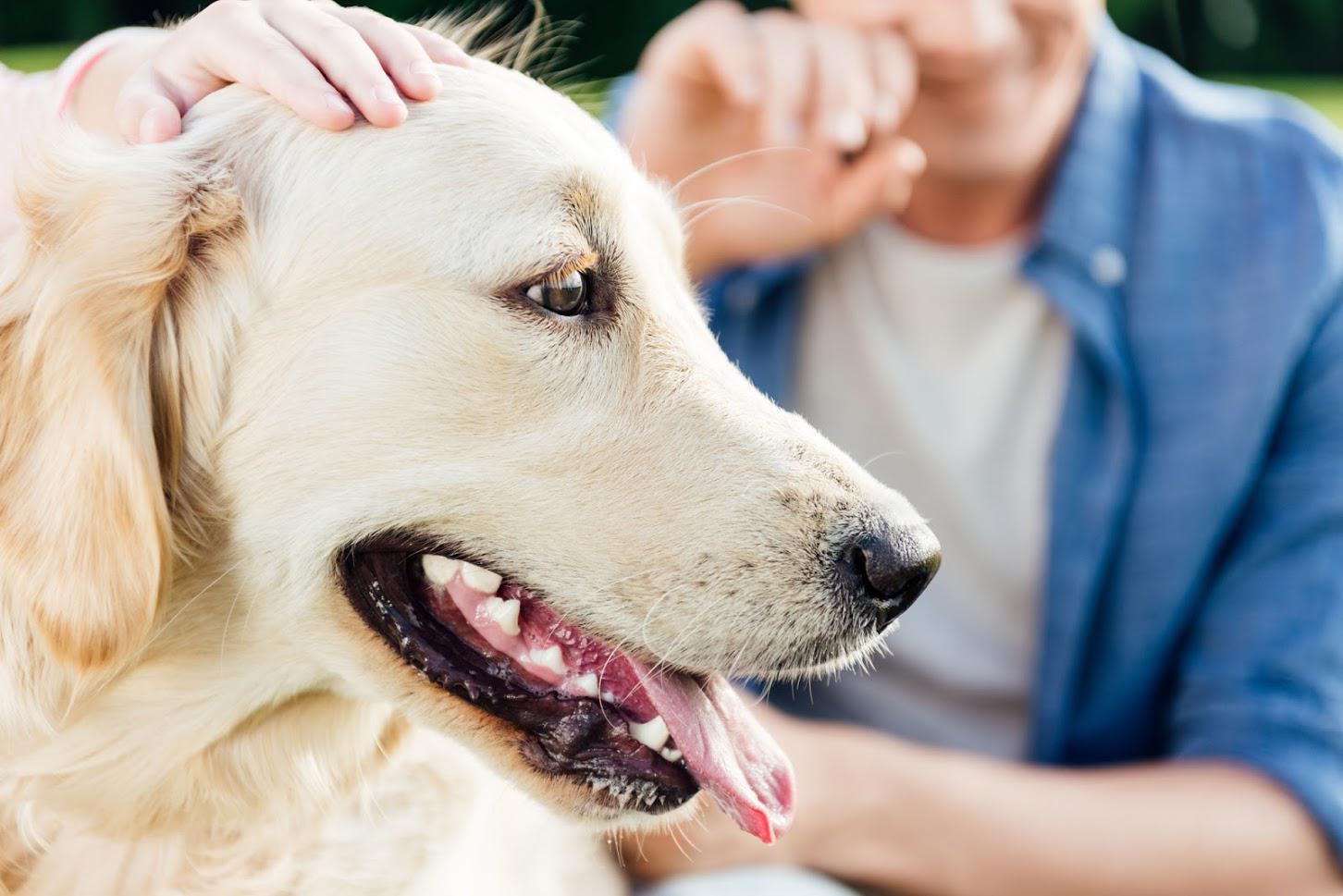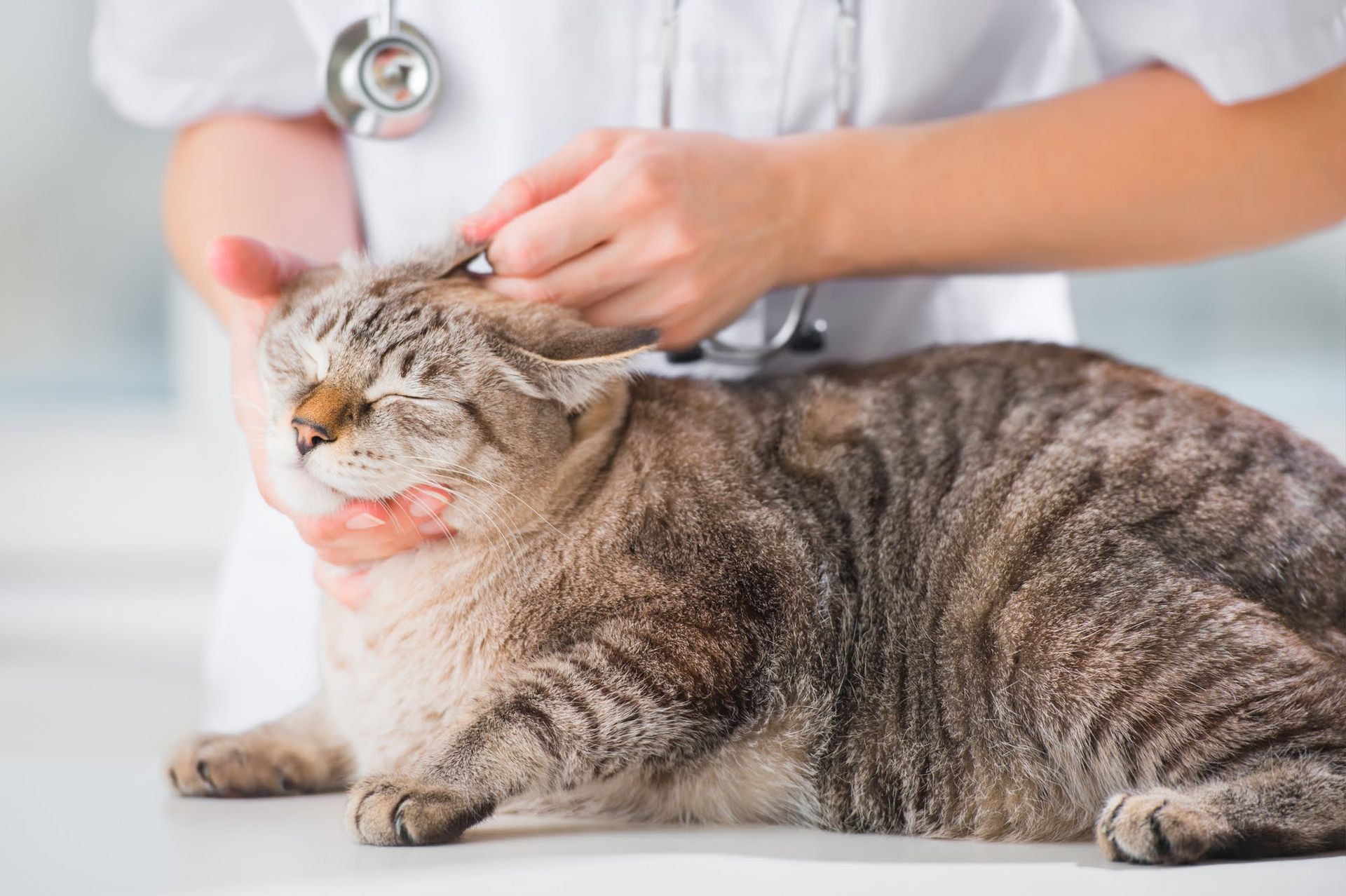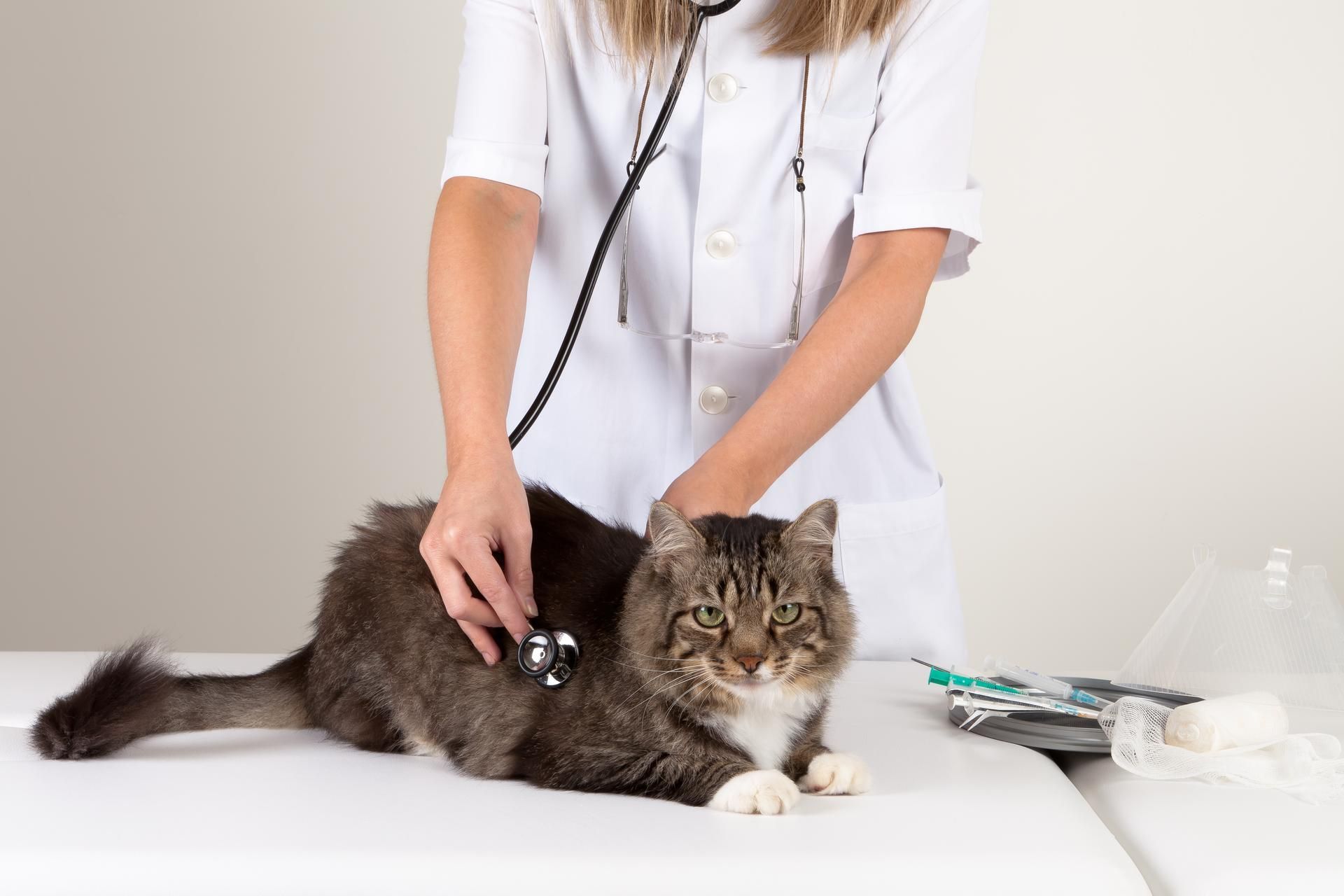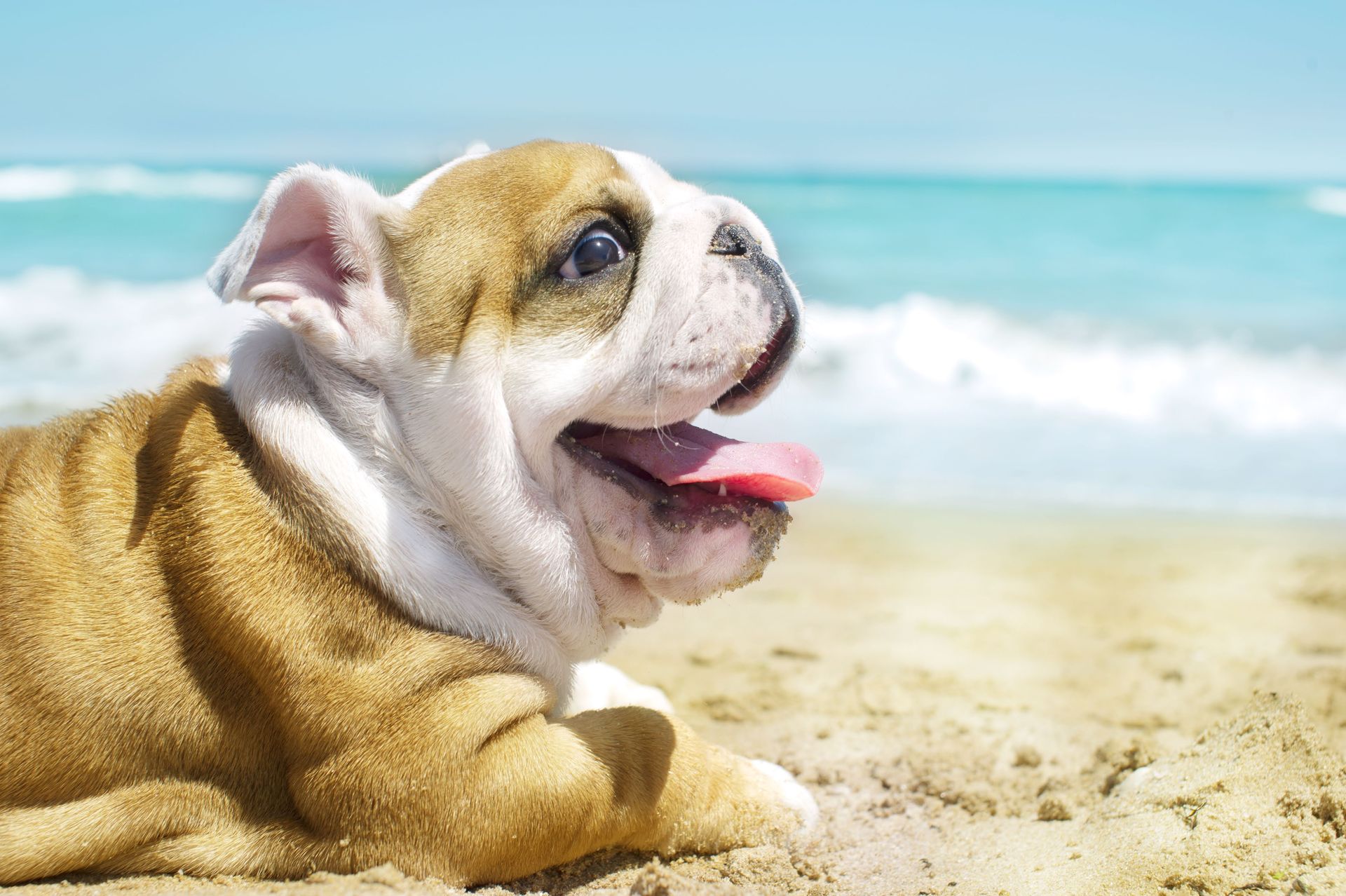Dog Dental Disease and Dental Care: What You Need to Know
Dogs need dental care, just like people. Providing your dog with good dental care can improve your pet's quality of life and can also save you money in emergency dental procedures. Many dog owners are unaware that their dog is vulnerable to gingivitis and other dental diseases.
Knowing how to identify dental disease, how to prevent dental disease, and what to do for your dog’s overall dental care can help you take care of your pet.
What Are the Symptoms of Canine Dental Disease?
Canine dental disease can manifest itself in different ways, depending on the severity of the problem. Symptoms of canine dental disease include:
-
Bad breath
-
Puffy, red gums
-
Stains on the teeth
-
Missing or broken teeth
-
Blood on the gums, on chew toys, or in the water dish
Canine dental disease can also manifest itself in your dog's behaviors. Dental disease can be painful, especially in the advanced stages. If your dog has dental disease, you may notice your pet favoring one side of the mouth when eating. Your dog may also stop wanting to be petted on the head. Dogs in pain may make noises (grunting or talking noises) when they chew.
Finally, your dog may start losing weight and may be reluctant to eat. This happens when eating is so painful that your pet will only eat when desperate for food.
Some of these symptoms (like a lack of appetite) can resemble other health problems. If you start noticing these problems, have a licensed professional diagnose your dog.
How Can You Prevent Your Dog from Getting Dental Disease?
Take your dog in for regular veterinary checkups and dental examinations. Your pet's vet will tell you how often these exams need to take place. When your dog is younger, the vet may recommend getting a dental cleaning every year. As your pet ages, the frequency may increase.
Brush your dog's teeth at home. Doing this once per day can help cut back on the slimy buildup of plaque. Pet shops sell special toothbrushes and canine toothpaste for dogs. Don't use human toothpaste, as it could be poisonous for your dog. Canine toothpaste is designed with dogs in mind.
Feed your dog dental treats. These products clean your pet's teeth as they chew. Give your dog dental chew toys as well. These products promote good dental health in a way that your dog will like.
How Important Is Canine Dental Care?
Dogs with poor dental hygiene may suffer from a variety of problems later in life. Bone loss and tooth loss are common problems for pets that have not had proper dental care. Dogs with poor oral hygiene may also suffer from painful sores and cavities. Good canine dental care can prevent this problem.
Taking your dog to see the veterinarian regularly for dental checkups makes catching dental disease in its early stages easy. This can help you save money on emergency dental procedures and can save your dog a lot of discomfort as well.
When Should You Begin Taking Care of Your Dog's Teeth?
Start brushing your dog's teeth when they're a puppy. Your dog's veterinarian will likely recommend that your dog begin dental checkups at one or two years of age, depending on your dog's breed and their oral hygiene. Talk to your pet's veterinarian to find out exactly when dental checkups should begin.
How Can You Train Your Dog to Accept Tooth Brushing?
You can train your dog to sit still for tooth brushing by first helping your dog adjust to you touching their teeth. Gently touch your dog's teeth with your fingers several times each day. Touch the teeth in different ways, and touch the gums as well.
When your dog is used to this, wrap gauze around your finger, and gently touch your dog's teeth with the gauze. Do this several times each day until your dog is used to this as well.
Start inserting a toothbrush into your dog's mouth, and touch your dog's teeth with the toothbrush. Do this several times a day for several days. Your dog may need to inspect the toothbrush before they'll allow you to do this.
Finally, spread toothpaste on the toothbrush. Brush your dog's teeth gently with a pea-sized spot of toothpaste.
Why Do Vets Use Anesthesia for Dog Dental Examinations?
Dogs are given anesthesia during dental examinations to ensure their safety and comfort. Anesthesia relaxes the dog so that the veterinarian can access difficult-to-reach spots in the mouth without risk of harm. Your dog's veterinarian will take your dog's age, weight, and medical history into account when administering anesthesia.
For more information about dog dental procedures, talk to your pet's vet. At South Seattle Veterinary Hospital, we're happy to answer your questions about dental examinations and canine dental health. Call us today to find out more.












